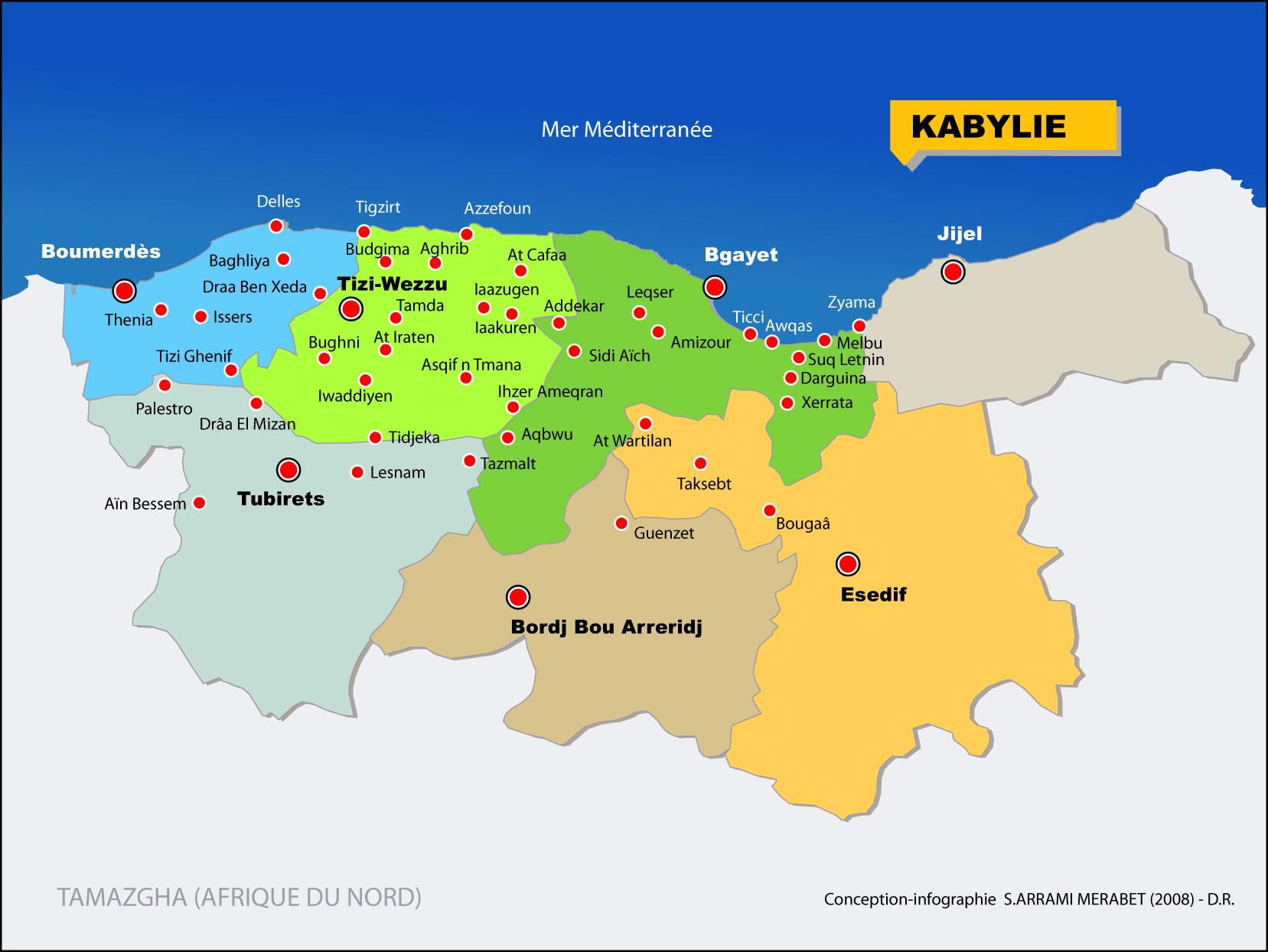La Maison Kabyle Bourdieu Pdf File
Reveries and proletarian revolutionary designs lies in the capacity to plan the future, which is demanded and instilled by a capitalist economy. The second part of the book contains two studies in Kabyle ethnography. The first analyses in terms of symbolic power a set of practices - gift and counter-gift, challenge and riposte - that are generally reduced to their communica tion and exchange functions. The second explores the meanings of the Kabyle house, in the c ontext of the Kab yl e mythic o-rit ual system. The book will be of interest to anthropologists, particularly those specialising in economic anthropology, sociologists and specialists in Afr ica n s tudi es.
In this fragment of a socioanalytic account of his own social and intellectual formation, the author recounts the motivations, aims, and circumstances of his fieldwork in Algeria during the war of national liberation and the ‘epistemological experiment’ that he embarked upon by simultaneously taking his childhood village as an object of anthropological inquiry. The conditions of his landing in the French colony, the material and emotional parameters of research in the shanty-towns and countryside of a colonial society ravaged by military repression, and the role of delicate ties with informants are recounted, as are the interplay between personal dispositions, intellectual models, and the division and hierarchy between academic disciplines, in an effort to illumine the conversion of political impulses into scientific endeavours. The author’s switch from philosophy to ethnology to sociology emerges as driven by the need to feel useful in the face of harrowing suffering and injustice and rooted in a deep repugnance for the scholastic posture made all the more intolerable in a state of social emergency. The quandaries presented by conducting fieldwork in a situation of war are revealed to be the initial impetus for his abiding concern for epistemic reflexivity. Such ethnography of ethnography can enable the researcher to recover the hidden social and personal springs of her investigations and thereby help convert intuition bred by social familiarity from intellectual handicap to scientific capital.

Their own scientific practice as are the Kabyle peasants of Algeria with whose practice we will become familiar. Bourdieu grounds his analysis in a portrayal of three modes of 'scientific' knowledge, three ways of knowing. University Press, and Paris: Editions de la Maison des Sciences de l'Homme. Bourdieu, Pierre and.